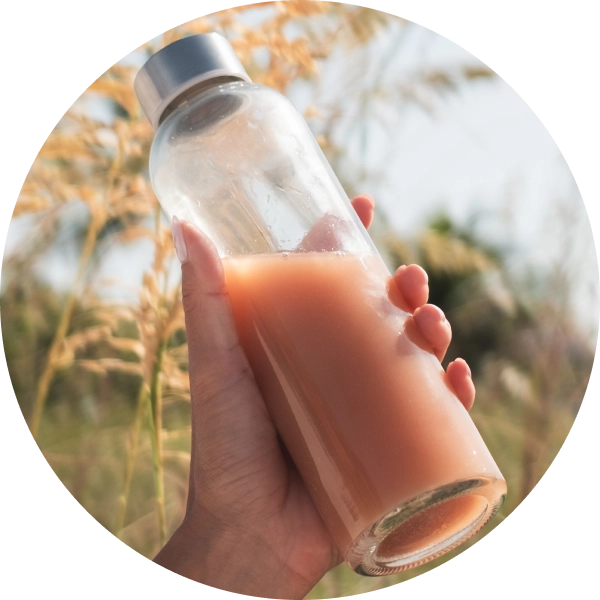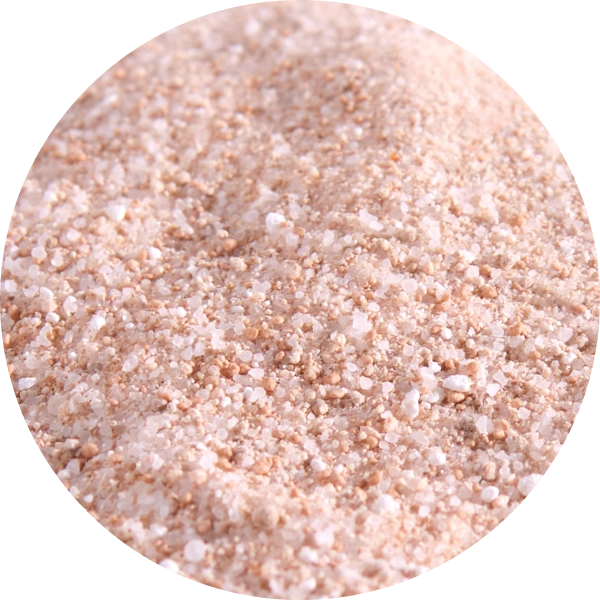 pure & quality tested
pure & quality tested
From raw materials to finished products, we meticulously analyze for purity, potency, microbiological content, heavy metals, pesticides, and more.
 quality & science-backed
quality & science-backed
We use ingredients that are both bioavailable and bioactive, ensuring your body can absorb and utilize them effectively.
 results you can feel
results you can feel
We take into account both the main ingredients and their co-factors. Doses are confirmed by human clinical trials, FDA recommendations and traditional usage.
Here’s everything that goes into our products
Minerals
Amino-acids
Other nutrients
Vitamins
Minerals
Minerals
Amino-acids
Other nutrients
Vitamins
Calcium Citrate
Iron
Magnesium
Selenium
Chromium Picolinate
Sodium
Potassium
Calcium Citrate
Iron
Magnesium
Selenium
Chromium Picolinate
Sodium
Potassium
L-Tyrosine
L-Taurine
L-Theanine
5-HTP
L-Tyrosine
L-Taurine
L-Theanine
5-HTP
Stevia
Citric Acid
Stevia
Citric Acid
Vitamin D3
Choline
Inositol
PABA
Thiamine (B1)
Folate
Vit B12
Niacin (Nicotinamide)
Vitamin B6
Biotin
Riboflavin (B2)
Pantothenic Acid
Vitamin D3
Choline
Inositol
PABA
Thiamine (B1)
Folate
Vit B12
Niacin (Nicotinamide)
Vitamin B6
Biotin
Riboflavin (B2)
Pantothenic Acid
morning boost
Formulated with 23 synergetic nutrients, it’s designed to supercharge your mornings, delivering the optimal blend of energy, mood, drive and performance.*
Shop now






